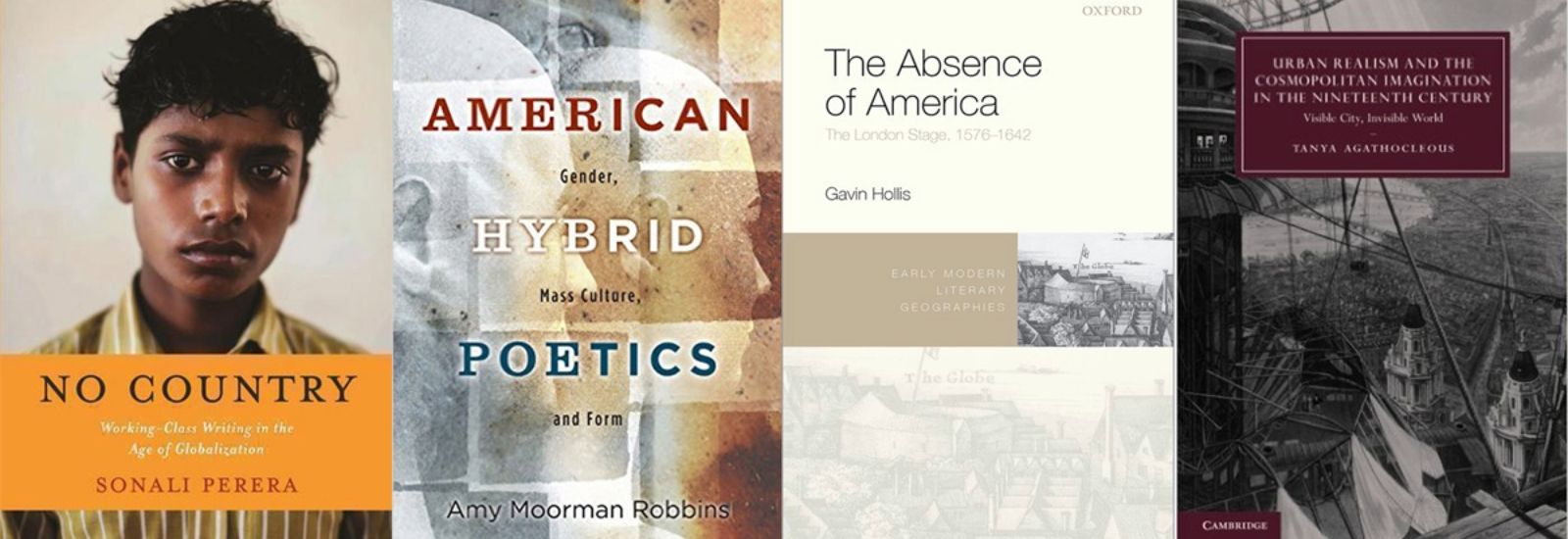About
Hunter College’s Masters in Literature, Language, and Theory program offers students an opportunity to meet and work with top researchers, scholars, and writers in New York City. Our diverse faculty and student body collectively cultivate an environment of energy, community, and rigorous academic study. Faculty members offering courses in the program facilitate stimulating seminars that represent a wide array of critical practices and disciplines, including medieval literature, postcolonial studies, gender and sexuality studies, Shakespeare and Renaissance studies, Romanticism, Victorian literature, modernism, American studies, linguistics, and rhetoric. We pride ourselves in the accessibility of our faculty members, all of whom are dedicated to providing students the support and guidance that they need to develop as readers, thinkers, and writers. Our class offerings allow students of varying interests to take courses that are meaningful and relevant to their individual goals. Classes are held in the evenings to provide availability and flexibility for all students, including working adults. In addition to coursework, the program includes the completion of a Master’s Thesis, an extensive writing project undertaken with the supervision and mentorship of faculty members. Students choose the MA in Literature, Language, and Theory for professional and academic advancement as well as for personal enrichment. Many students go on to pursue doctoral studies or careers in writing, education, and the arts.
Please see our Full-Time Faculty list for details about faculty projects and areas of specialization.


